HotSpots H2O: Drought Devastates Food, Power Supplies in Zambia and Zimbabwe
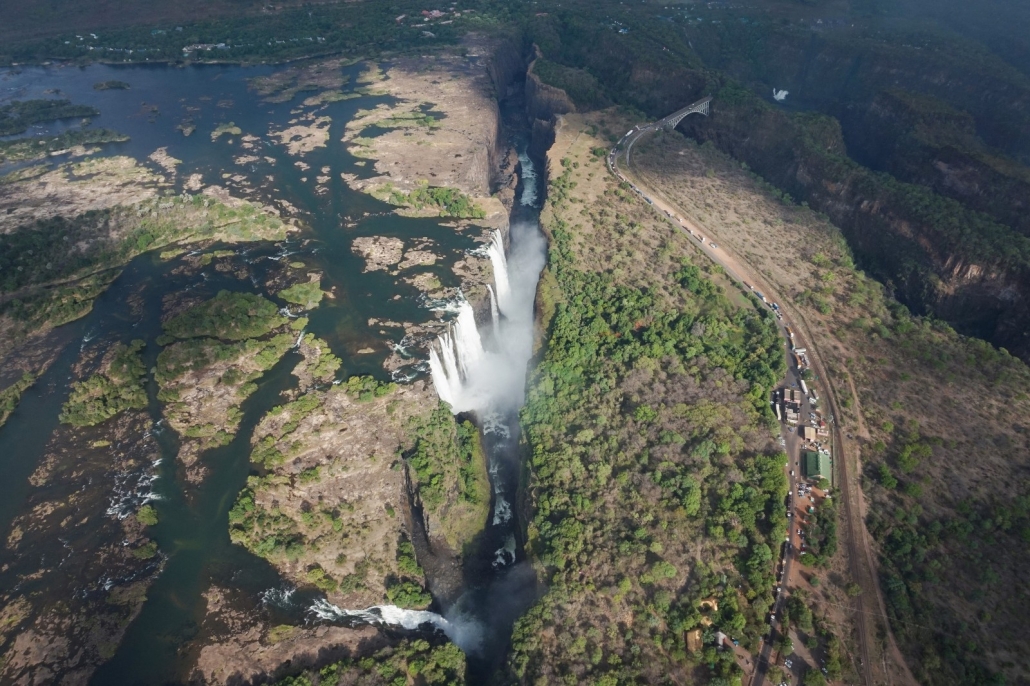
Victoria Falls. Photo courtesy of Wikimedia Commons.
Victoria Falls, the iconic waterfall along the border of Zambia and Zimbabwe, has slowed to a trickle amid months of dry weather. The falls’ diminished flow is a visible symptom of a much larger problem. Drought is devastating food, water, and power supplies in the two nations.
The drought has severely depleted food stocks. At the end of November, the World Food Program warned that Zimbabwe is hovering on the edge of “man-made” starvation. The crisis is a result of dry conditions combined with economic woes, including high unemployment, hyperinflation, and sanctions.
Hilal Elver, an independent UN human rights expert, estimates that 60 percent of Zimbabwe’s population is now food insecure.
“In rural areas, a staggering 5.5 million people are currently facing food insecurity, as poor rains and erratic weather patterns are impacting harvests and livelihoods,” Elver told the UN’s news service. “In urban areas, an estimated 2.2 million people are food-insecure and lack access to minimum public services, including health and safe water.”
Food shortages are prevalent in neighboring Zambia as well, where an estimated 1.7 million people were food insecure as of August 2019. Several prolonged dry spells and a late onset to the most recent rainy season have hampered harvests.
Drought is also disrupting power supplies in the two countries, which both rely heavily on hydropower. Power cuts of up to 18 hours a day have plagued Zambia and Zimbabwe for months and could continue to worsen.
According to local media, the Kariba dam, which is the world’s largest man-made reservoir, has dipped to 10 percent capacity, possibly heralding a further decrease in hydropower supply. The current level is the lowest since 1996.
It is unclear whether the situation will improve in the coming months. The current rainy season, which typically runs from October to April, is off to a poor start, but Zambia’s meteorological department is predicting a normal or better-than-normal season overall. The prediction is contradicted, however, by several international forecasters, who are warning of below-average precipitation throughout the region.
Kayla Ritter is a recent graduate of Michigan State University, where she studied International Relations and Teaching English to Speakers of Other Languages. She is currently based in Manton, Michigan. Kayla enjoys running, writing, and traveling. Contact Kayla Ritter

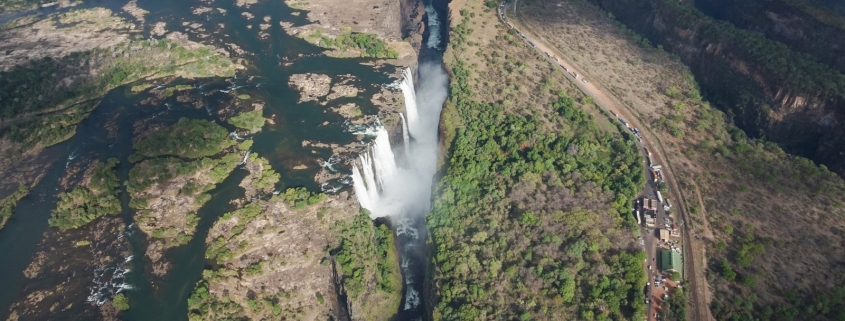

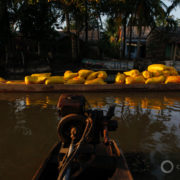
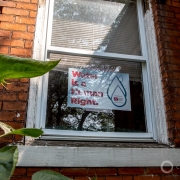
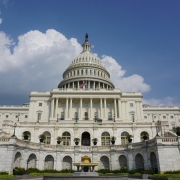
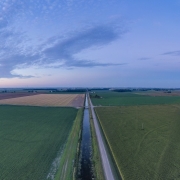
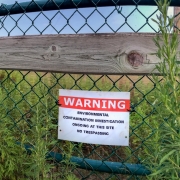




Leave a Reply
Want to join the discussion?Feel free to contribute!